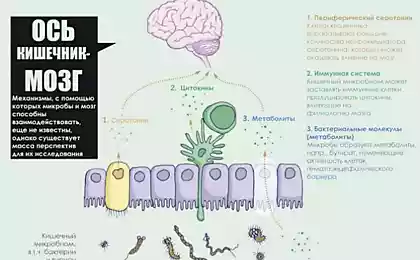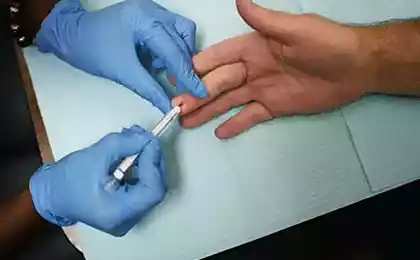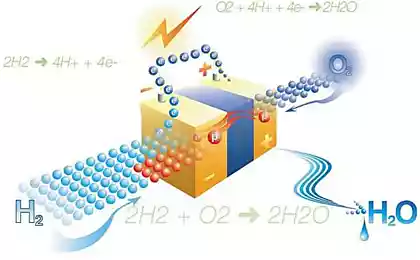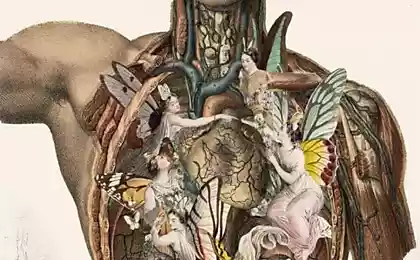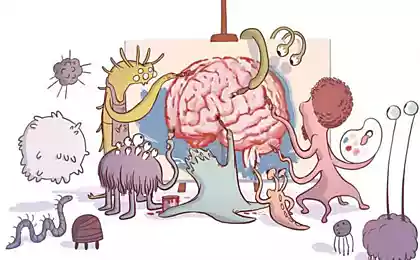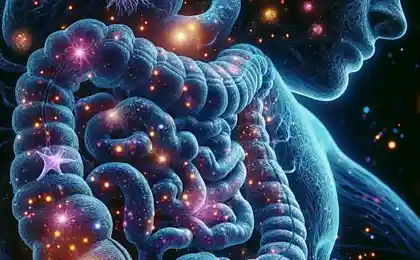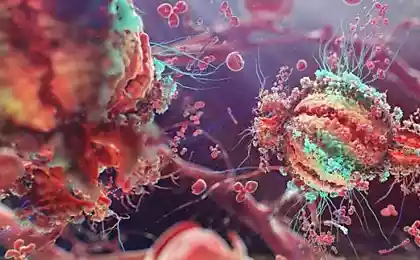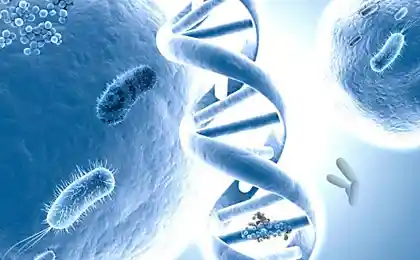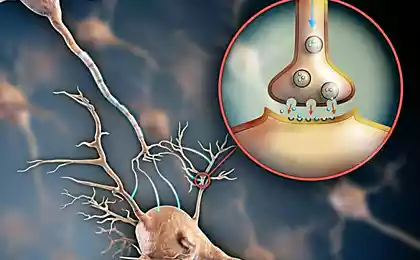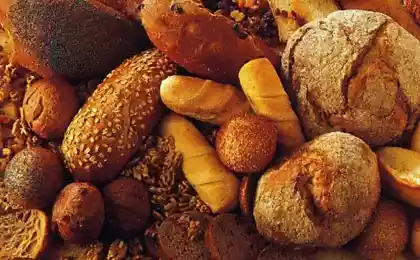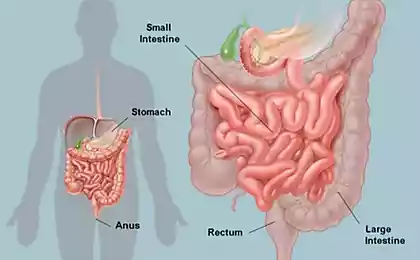425
First reaction to HIV and inflammatory destruction of the intestine

Researchers at the University of California at Davis made an amazing discovery about the first response of the organism to HIV infection. Studying the the human immunodeficiency virus monkeys (SIV), the scientists discovered that specialized cells in the intestine called Paneth-cells that are first responders to viral infection and are a source of inflammation in the intestine, producing the cytokine interleukin-1 beta (IL-1β).
When the virus, IL-1β contributes to the breakdown of the gut epithelium that provides a barrier to protect the body from pathogens. This happens before the rapid spread of viral infection and destruction of immune cells. But on the other hand, the bacterium Lactobacillus Plantarum helps to soften virusinduced inflammatory response and protects the intestinal epithelial barrier.
One of the biggest obstacles to complete eradication of the virus and restore the immune system is a stable reservoir of HIV in the gut. There is very little information about the early viral invasion and create a reservoir in the gut.
"We want to understand what gives the virus to invade the gut, cause inflammation and kill the immune cells," said Satya Dandekar, the study's lead author and Chairman of the Department of medical Microbiology and immunology, University of California, Davis, reports "Med Express".
"Our research revealed Paneth cells initial virus sensors in the gut that can cause early intestinal inflammation, tissue damage and spread of the virus. Our findings provide potential targets and new biomarkers for intervening and preventing the spread of viral infection," she said.
Scientists have discovered a very small number of SIV-infected cells in the gut in the first two and a half days from getting the viral infection; However, inflammatory reaction to the virus played havoc with the intestinal lining. IL-1β decreased the production of densely connected proteins, which are crucial for establishing the intestinal barrier impermeable to pathogens. As a result, the barrier was destroyed.
The researchers also found that the inflammatory response through production of IL-1β was launched in Paneth-cells that protect intestinal stem cells from replenishing the epithelial layer.
"The epithelium is more than a physical barrier," said author Lauren Niaro. "It supports the immune cells in their defense against viruses and bacteria."
The researchers found that adding a specific probiotic strain, Lactobacillus Plantarum, to stop the rapid decline of IL-1β, decreased inflammation, and accelerate recovery within a few hours.
"Understanding the immune response will be important for the development of new treatments," said Chiaro.
Source: globalscience.ru



